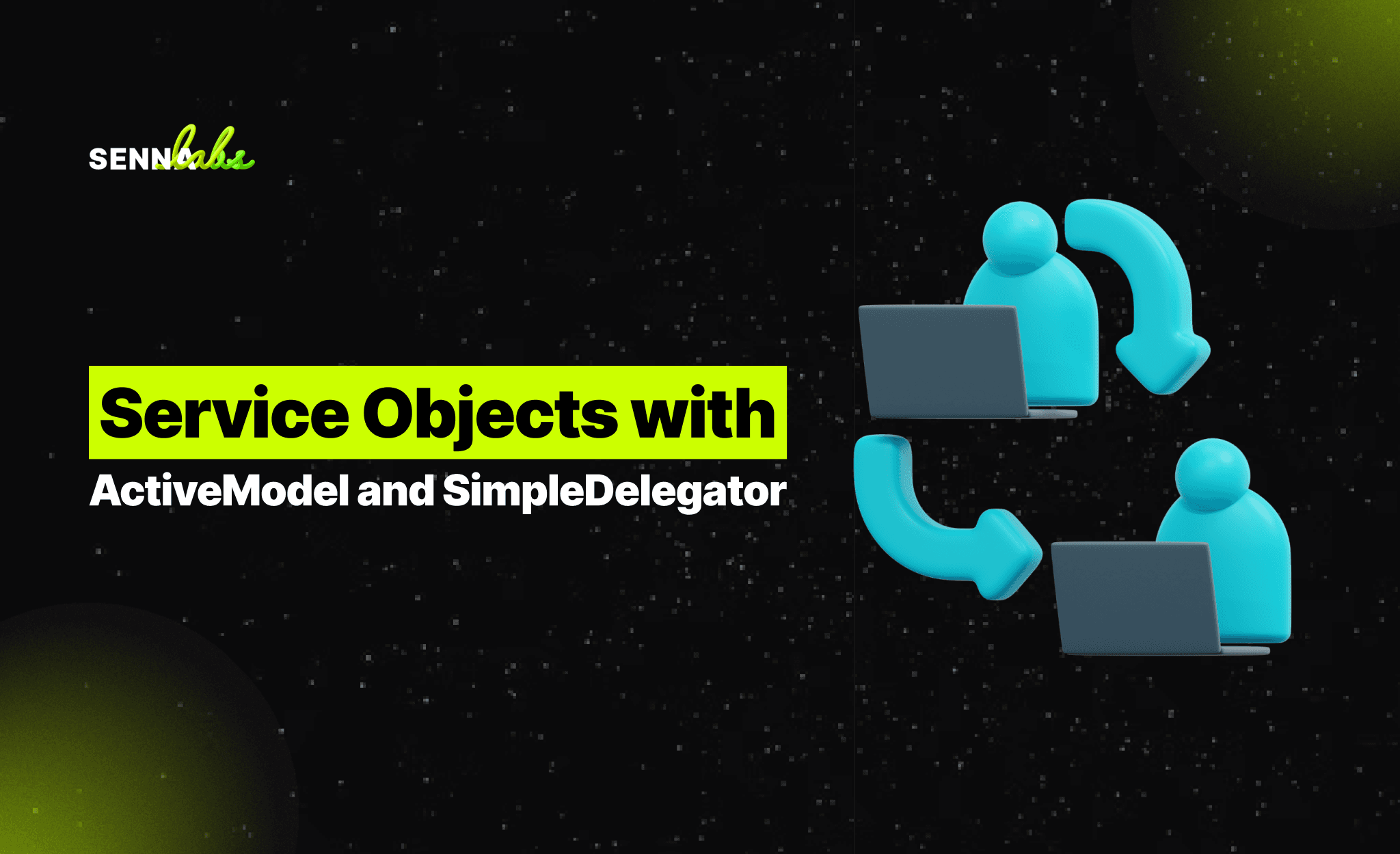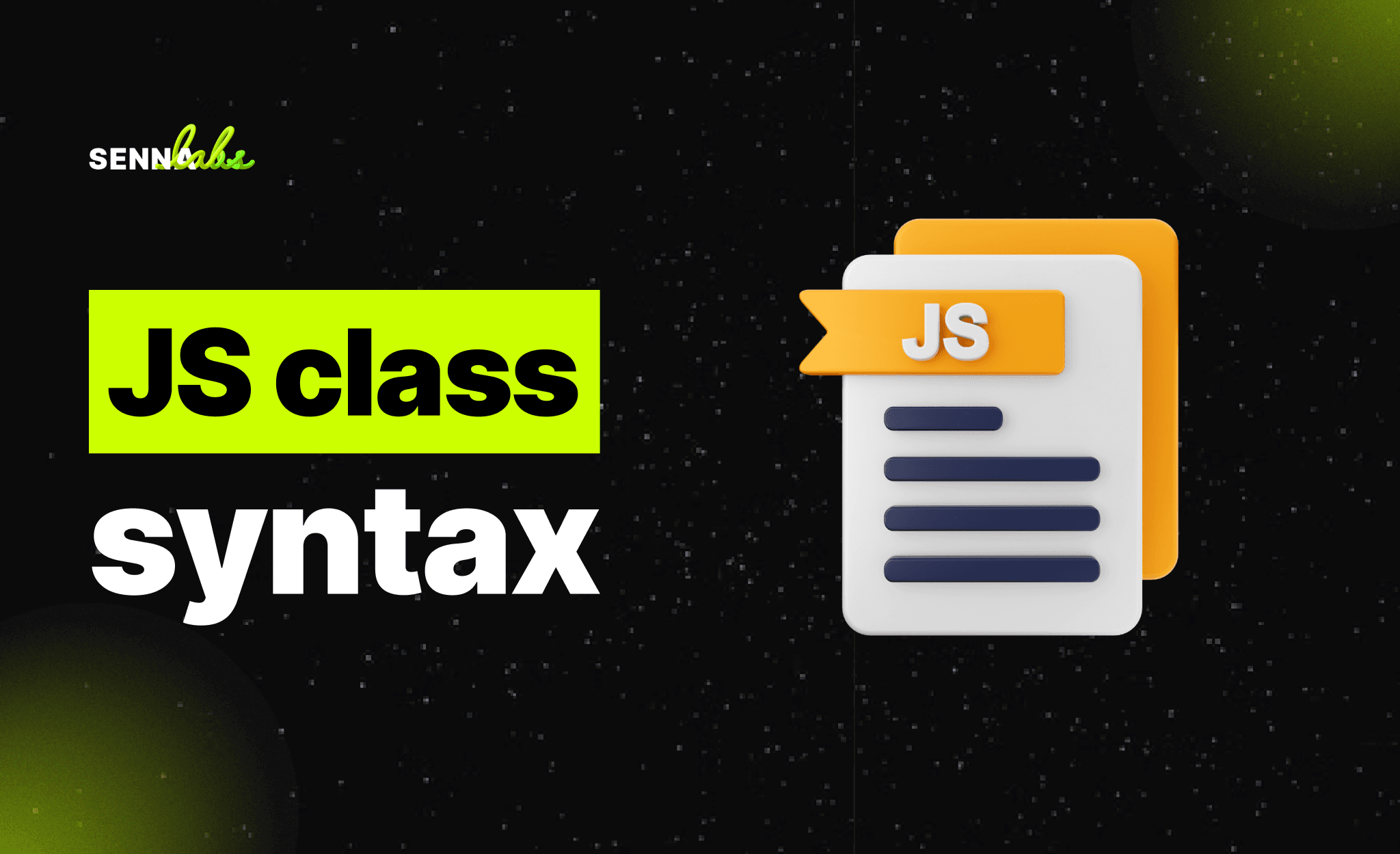Service Objects with ActiveModel and SimpleDelegator
Share

One of the worst practices in Ruby On Rails is to clutter the Gemfile to do basics as authentication, authorization, validation, etc. considering the fact that they are practiced for so long and they can be accomplished using just the batteries already included in Ruby On Rails; service objects are no different for which developers often end up using different gems to do such a simple pattern.
In the favour of simplicity and the fact that I never trust dependencies due to the complexity they bring in I’ve been using ActiveModel and SimpleDelegator to apply service objects through a consistent interface across the controllers as well as avoiding dependency clutter and here are the results.
Login case
Let’s consider a user logging in use case;
> Users can login with password and email> Users cannot login with wrong password / email
So we have 2 cases which we have to cover in our implementation to do that I use ActiveModel::Validations to validate the parameters I receive from the controller and using save method to keep interface consistency.
class Login include ActiveModel::Model attr_accessor :email, :password, :user validates :email, presence: true validates :password, presence: true validates :user, presence: {message: "email or password is wrong"} def initialize(params) super(params.require(:user).permit(:email, :password)) @user = User.find_by(email: email, status: :active)&.authenticate(password) end def save return if invalid? # This will generate and refresh user's token and return it Tokenizer.generate_and_refresh!(@user) end
end
Here if no user found it will set @user variable to nil and user presence validation will handle the error which keeps us from writing an error handling part except a message.
And the controller would be like;
class LoginController < ApplicationController skip_before_action :authenticate INCLUDED = %i[positions] def create login = Login.new(params) if (user = login.save) render json: user, include: INCLUDED else render json: login, status: :bad_request end end private def serializer UserSerializer end def user_params params.require(:user).permit(:email, :password) end end
This is already battle-tested in production and it works like a charm.
Approval flow
Let’s consider a use case that your flow needs to go through multiple approvals and each approval stage has its own validations and business logic. There are a lot of ways to handle this;
ActiveRecord callbacks
It may seem a simple solution but you have to write tons of conditions to avoid conflict between different use cases and hard to debug.
Contextual validations with on: :context
This works just fine but it’ll clutter your models with a lot of business logic which it needs to somewhere else and it’s hard to test and modify due to it’s coupled with your model. e.g.
validate :order_is_picked_before_packing, on: :packing
Decorators + State machines
State machines need to be force-fed to developers as they make handling data logic so convenient but to provide a good interface for your controllers you cannot treat state machine transitions or guard errors as you best bet you still need something in-between which in this case is a decorator which give you best of both worlds validations, callbacks, separation of concern, ease of testing and etc. In our case we need some conditions are met before going to another state so the uses cases are;
> MVPs cannot be approved before they're submitted> MVPs cannot be approved more than once by same user> MVPs cannot be approved unless they have enough approvals from different users
Let’s take look at the code;
class ApprovedMvp < SimpleDelegator include ActiveModel::Validations def save(user) return unless valid? if in_state?(:draft) errors.add(:minimal_viable_product, "it should be submitted first") return end if approvals.find_by(user: user) errors.add(:minimal_viable_product, "already been approved by user") return else approvals.create!(user: user) end if has_enough_approvals? transition_to!(:approved) else super() end end end
Here we populate a decorated MVP with contextual errors and pass it up to the controller
class UseCases::MinimalViableProductsController < ApplicationController INCLUDED = UseCasesController::INCLUDED include UseCaseScoped def approve result = ApprovedMvp.new(minimal_viable_product) if result.save(@current_user) render json: result.use_case, include: INCLUDED else render json: result end end
This will be handled by a ErrorSerializer and a concern called ActsAsJSONAPI which I’ve written to handle different cases of serialization and error handling without dependencies and a lot of complexity which you can check out here.
Conclusion
Codes that are written 50 years ago with zero-dependencies are working fine today and the ones are written today with dependencies may not work tomorrow :)
And don’t get me wrong I don’t mean to reinvent the wheel but don’t be afraid to build your own tool since each app has different needs and not all gems/libraries are going to fit yours. Bad cases that you should never implement by yourself except for practice are encryption or a premature abstraction (framework, etc) that takes your more than 1 day or 2.
I hope you’ve enjoyed it

Share

Keep me postedto follow product news, latest in technology, solutions, and updates
Related articles
Explore all


